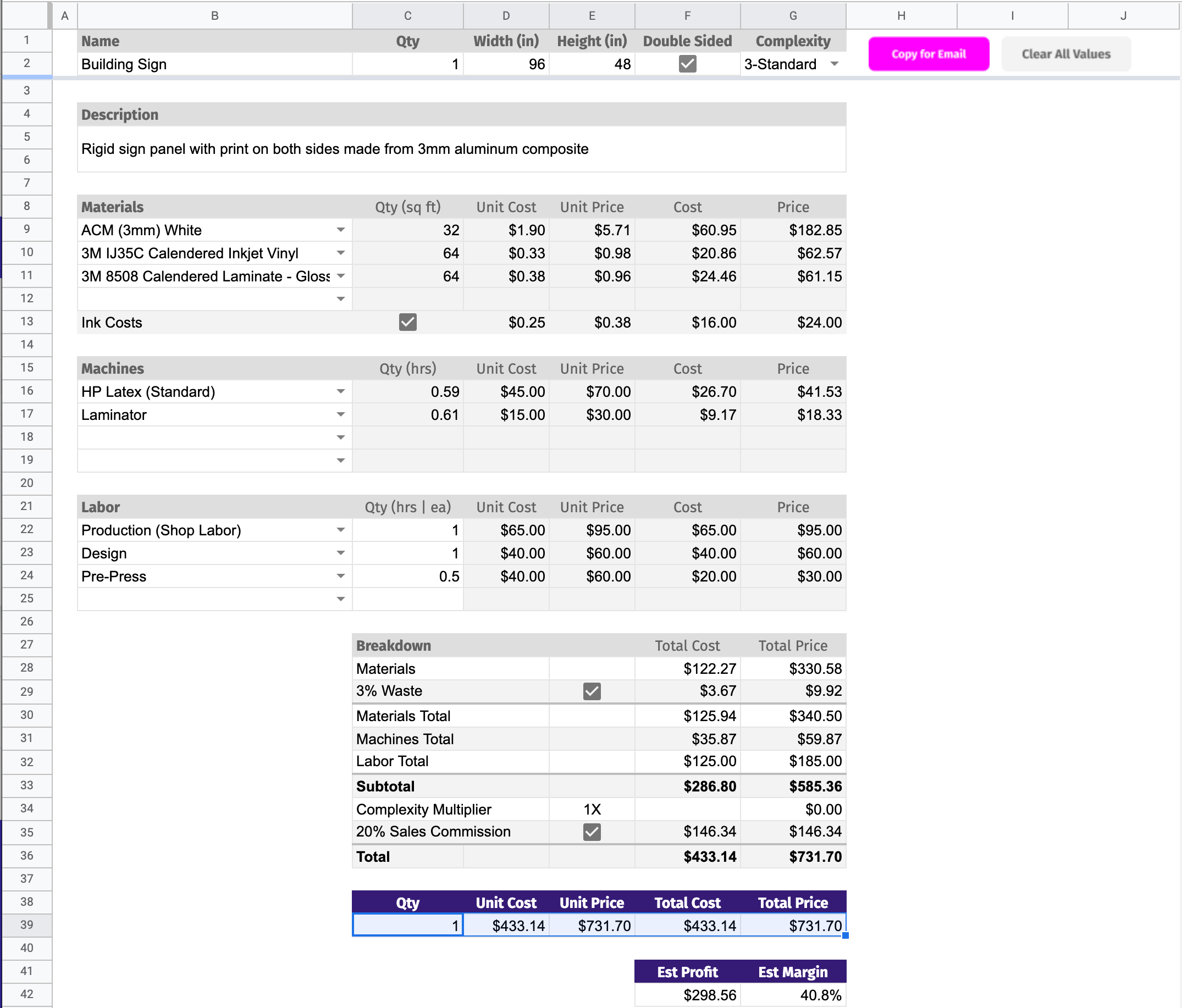Imagine if all your sign shop software worked together perfectly
The right tools will save you time, make you more money, and help you grow your sign business. But how will you know when you’ve found the right tools?
Instead of spending tens of hours researching your best options and hundreds of hours testing, we’re going to save you a shipload of time.
This is not just simply a list of options. These are recommendations based on countless hours of experience using these tools. Let’s dive in.
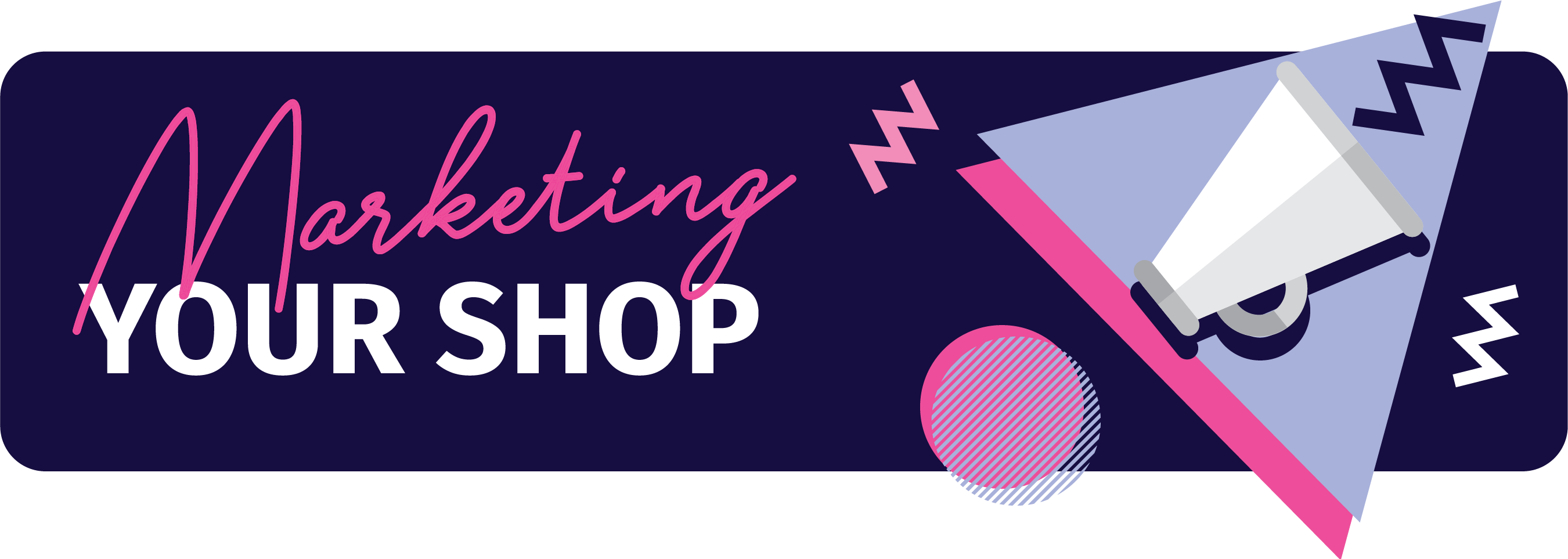
Sign shop marketing tools
Google Business Listing – for local SEO
If you’re not showing up in a local search for sign companies, then you’re dead in the water. Claim your business listing on Google to get a rankings boost. This is the starting point for any local SEO improvements. Combine that with some quality inbound links and outbound links and you’ll start gaining ground on your competitors quickly. Don’t forget to drive happy customers to leave reviews for you.
Mailchimp – for getting started with email marketing
If you’re not doing any email marketing, now’s the time to start. For every $1 spent on email marketing $44 is made in return, according to a 2016 study [1]. Mail Chimp is a good starting point. They got a super friendly interface and pricing that’s hard to beat when your lists are fairly small.
Drip – for advanced email marketing
When you move up the ladder in email marketing tools, you’ll hear the term marketing automation. There’s a lot of players in that space, but we recommend Drip. You can create highly personalized email campaigns for re-activating old customers, automatic follow-ups, and more. They recently released a Free plan which will help you learn test out the tool before you start paying $$.
Facebook Ads - for social media advertising
While there’s a lot of ways to waste thousands of dollars on Facebook Ads, when done right it can be a great source of new leads. The strength of Facebook’s advertising platform is their audience targeting. You can target specific audiences that you want to display ads to. The downside is that people clicking your ads might not be ready to buy immediately.
Two guidelines for advertising on Facebook:
Make sure you are targeting your ideal customers. You don’t want to blanket everybody on Facebook. Use their Custom Audiences and Look-A-Like Audiences to your advantage.
Direct your ads to a landing page on your website where you offer something valuable in exchange for their email. It might be tough to land direct sales from Facebook Ads because most people aren’t actively looking to buy your product or service.
Adroll - for simplified ad management and retargeting
Google Ads - for search engine advertising
(Formerly Google Adwords) Google Ads is the giant in online advertising. Google has a huge audience that averages over 40,000 searches per second. Your chances of connecting with that smaller percentage who are ready to buy is much better with Google Search Ads. If someone searches in Google for “vehicle wraps Portland OR”, then it’s safe to assume they’re looking for more info or a price on a vehicle wrap. Long term, you’ll want to work on your site SEO to rank for those keywords organically. But if you’re looking for qualified leads now, directing Google Ads traffic to a targeted landing page is a good way to start.

Hootsuite - for managing social media
Creating sign shop websites
NameCheap – for domain names
Secure your shop domain name with NameCheap. The great prices and their easy to use interface made them twice as good as other domain name registrars.
WP-Engine - for Wordpress website hosting
If your shop’s site runs on WordPress, then WP-Engine is the best place to host it. They specialize in WordPress sites. It’s not cheap, but their support is great. They’ll take care of the WordPress updates for you and you’ll get a dedicated staging site where you can test any changes before you go live.
Update: Sept 3, 2021 - Wordpress is still the most popular CMS for websites, but there's now better options out there. I no longer recommend using Wordpress for your website.
Statamic - for the best sign shop website CMS
Does your current website run on Wordpress?
Theme Forest – for sign shop website theme templates
If you’re revamping your website and you don’t want to drop $1000s on design, you can find a great looking WordPress theme on Theme Forest for under $100. Here’s a list of printing related themes. With some tweaking, one of the themes for contractors could be a great fit for a larger sign shop.
Plausible - for simple website analytics
Sure, Google Analytics is the free, standard-choice most people make when adding analytics your website. I've used it many times (and still do on certain sites). But it comes with a cost.
You have to navigate through 30 screens to find the information you want.
It can affect your website performance.
Google Analytics share YOUR website data with 3rd parties.
Enter Plausible. It's a simple, privacy-friendly, alternative to Google Analytics. Their dashboard is well designed and it shows all the metrics you actually in a single screen. Yes, it's a paid service but it starts at just $6 per month. You can add as many websites under 1 account. So it works great if you have retail and wholesale divisions or maintain several different websites.
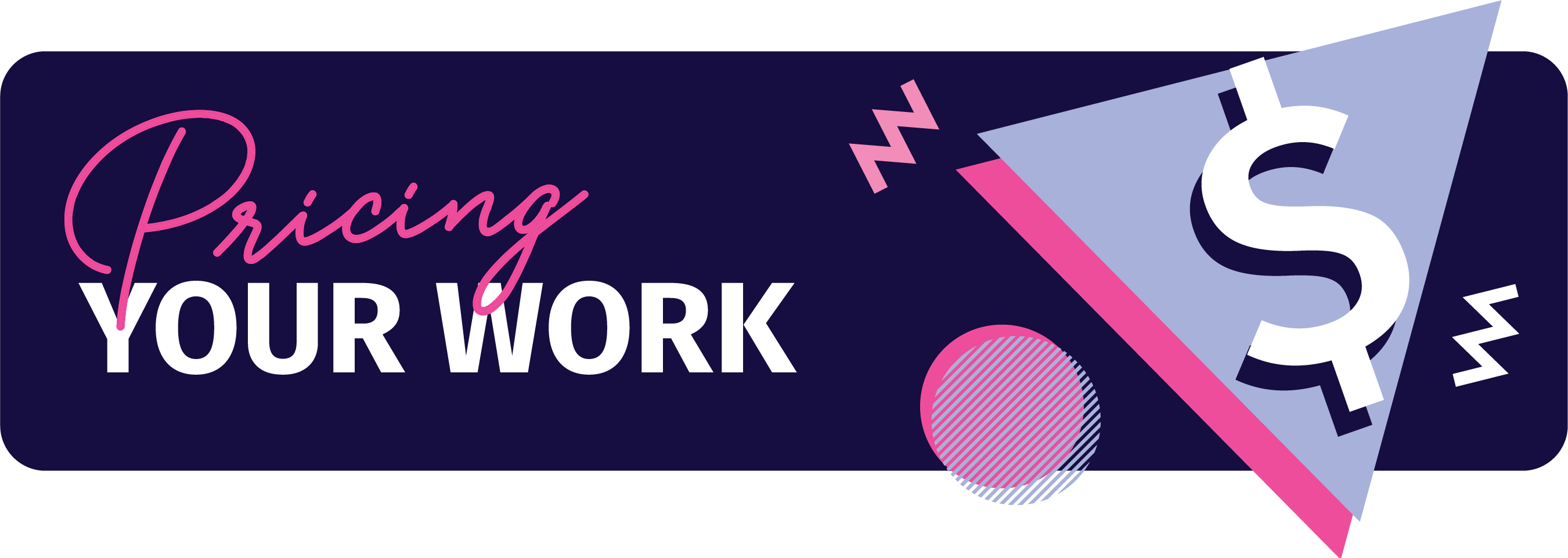
Pricing signs and creating estimates
Profitable Sign Pricing - for learning how to price signs and graphics
Pricing signs and graphics shouldn't be so complicated. We put together an entire course on the topic. The course teaches you sign pricing principles in an easy to understand, no bullshit kinda way. And includes ready-to-go sign pricing calculators that you can use right away.
Google Sheets - for creating your own sign pricing calculators
Spreadsheets have been the go-to tool for creating sign pricing calculators for years. The advantage of building out your sign price calculator in Google Sheets vs Excel?
Access from anywhere, anytime, almost any device.
Multiple users updating the spreadsheet at one time.
Detailed revision history.
Spike By Ike - for measuring hard to reach signs
Signcraft Pricing Guide - for checking your pricing against industry averages
Pricing is always a challenge for sign makers. Especially for those newer to the industry. Sign Craft magazine releases an annual pricing guide that is a great tool to benchmark your pricing against. Just remember to use it as more of a guideline, instead of a rule. The “right” price is always relative to how your client values the work you’re providing.
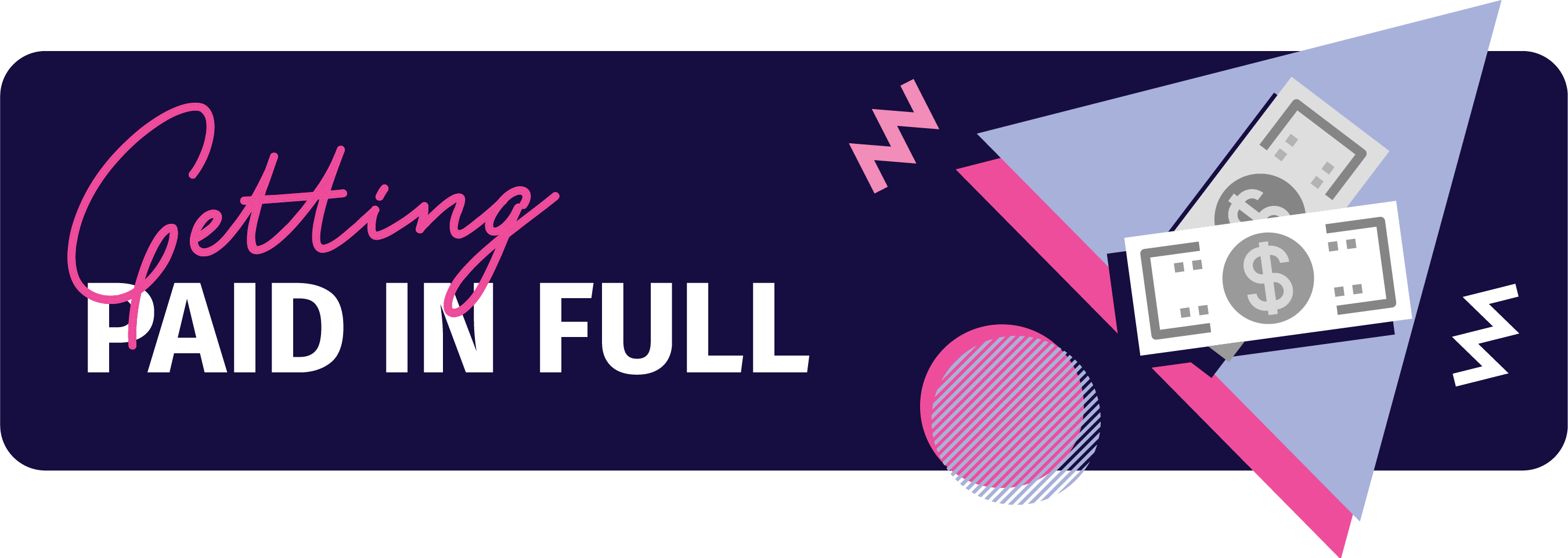
Creating invoices and getting paid
QuickBooks Online – for your accounting software
QuickBooks really needs no introduction. The accounting software has over 80% market share here in the U.S. [2] The Online version was a huge change for Desktop users, but it’s slowly turned into the better software for sign companies (most of them).
Stripe – for online payments
Stripe is the go-to provider for credit card payments online. It couldn’t be any easier to start taking payments and they integrate with nearly everything.
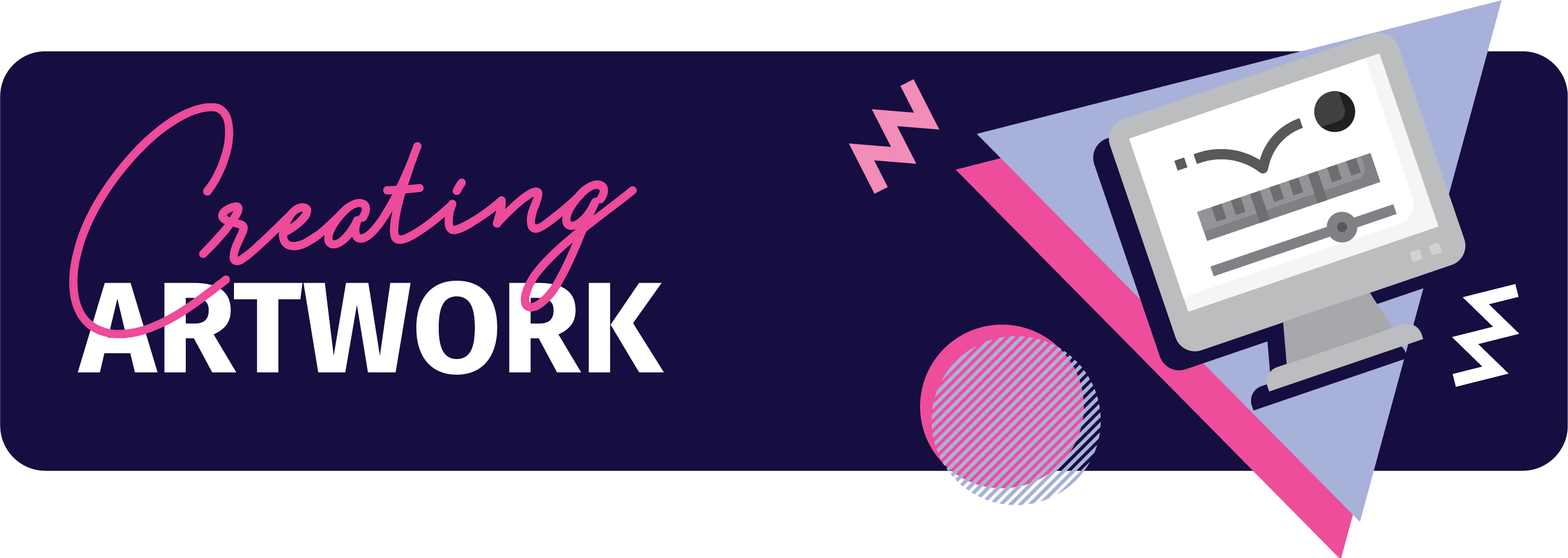
Creating artwork
Adobe Illustrator - for graphic design
The industry standard for artwork creation. Every sign shop needs to have a copy, even though you might still be a little grumpy over the switch to Creative Cloud. Not cheap, not easy to learn, but Illustrator is a must have.
Astute Graphics Plugins - for extending Adobe Illustrator with cool tools
All the things you wish were included in Illustrator you’ll find here. Their Phantasm plugin allows controlling image color and tons more just like you were using Photoshop. The VectorFirstAid plugin cleans up vector files at the push of a button. VectorScribe makes working with the pen tool and anchor points much more enjoyable. And don’t forget InkQuest which is great for producing separations for screen printing signs and decals.
CorelDRAW - for graphic design
I got my start as a designer with CorelDRAW. While not the “standard”, there’s still a ton of things it does better than Adobe Illustrator. It’s a favorite among some more prolific sign designers I know. You can also still actually “own” a license without a monthly fee.
Flexi Sign - for sign design
Design and graphics software that was purpose-built for sign makers. The little industry-specific things make this a powerful tool. This is a great tool if you’re not already a CorelDRAW or Illustrator pro. Flexi now comes with its own RIP to power your printers and cutters too.
What The Font? - for finding the right font
We’ve all played the find-the-font game. Is it Minion Pro? Or Lobster? Or Serpentine Bold? What The Font is a decent solution to finding the font from that picture your customer sent you. They’ve got a new mobile app which is quite handy.
DaFont - for free fonts
The de-facto free font site for designers. Thousands of fonts to choose from in all different styles.
Creative Market -
Stock artwork might seem like a dirty word to expert designers, but in reality, some clients don’t have the budget to spend hours and hours on completely custom artwork. Creative Market has tons of ready-made graphics, fonts, and assets to use in your designs.
Pro Vehicle Outlines - for vector based vehicle wrap templates
Super large collection of vector vehicle templates to use for designing and estimating vehicle wraps. Dimensions are usually highly accurate. One thing to watch out for — don’t pick the wrong vehicle template. Make sure you get all the details from your client especially for cargo vans and box trucks.
The Bad Wrap - for raster based vehicle wrap templates
Perfect for client presentations, these photorealistic vehicle wrap templates are ready for your designs. These are Photoshop based templates. If you’re used to designing in Illustrator it might take you some time to get up to speed. They now include dimensions and square footage for each panel in their templates which makes it super easy to estimate vehicle wraps.
Dropbox - for file storage and sharing
Manage all your artwork and customer files in the cloud with Dropbox. I still recommend running a local artwork server, but with devices the Synology NAS, you can sync the local files with Dropbox allowing you to access them anywhere. Dropbox makes getting large files from customers simple as well — without any headaches of using FTP.
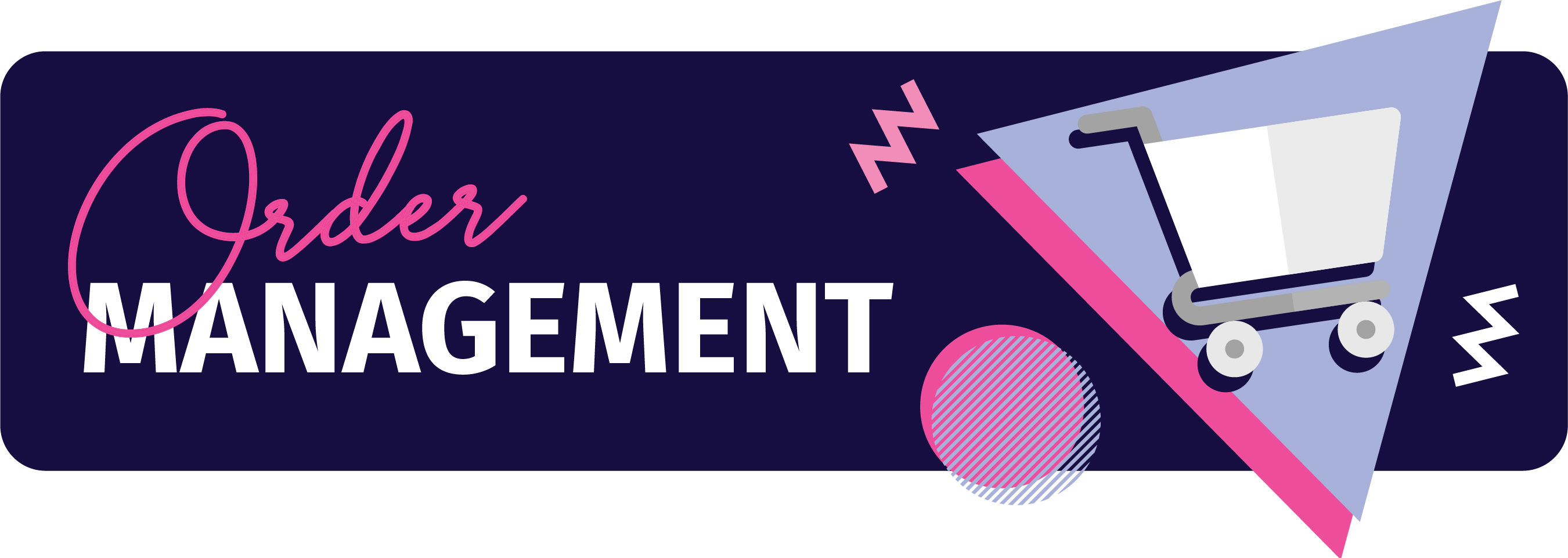
Sign shop order management
Sign Shop Management Software Guide - for choosing the best management software to power your shop
We’ve compiled a sweet, sweet guide on all the sign industry specific shop management software that’s available. Check it out and save yourself a shipload 🚢 of time.
Google Workspace (Formerly GSuite) - for email hosting
Using Google Workspace is a must for your growing shop. The always up-to-date nature of Google Docs and Sheets make collaborating with team members a breeze. Host your companies email with Google and take advantage of all the connected apps and integrations. For all but the most stringent requirements, it beats the time and expense of trying to maintain your own Exchange Server.
Pipedrive – for a simple, easy-to-use CRM
Salesforce is the 800lb gorilla in the CRM game. But for most shops in our industry, it’s overkill. Pipedrive is a lightweight, easy to use CRM for managing quotes, leads, and contacts. It’s easy to customize, integrates with a ton of other apps, and it’s reasonably priced.
Slack - for team communications
I describe Slack as team communication on steroids. It’s a team chat app that allows you to communicate company-wide and in direct messages to team members. It’s great for reducing unruly internal email threads. You can share files, add integrations with other tools you use.
Update: Sept 3, 2021 - I no longer recommend Slack unless you're already using it. Instead, take a look at the next software on the list - Missive.
Missive - for managing your team inbox and communications
Missive is simply the best team inbox and collaborative email tool I've seen.
Airtable - for building your own workflow or management system
Airtable is a unique mix of spreadsheet and database. Perfect for anyone who’s tried to roll their own management system using FileMaker, Microsoft Access, or spreadsheets. It’s simple to customize your “bases” and you don’t need a developer to create something your entire team can use. Plus you can use Zapier to power all sorts of automation with Airtable. Once you’re up and running download the mobile app for an instant mobile shop management solution.
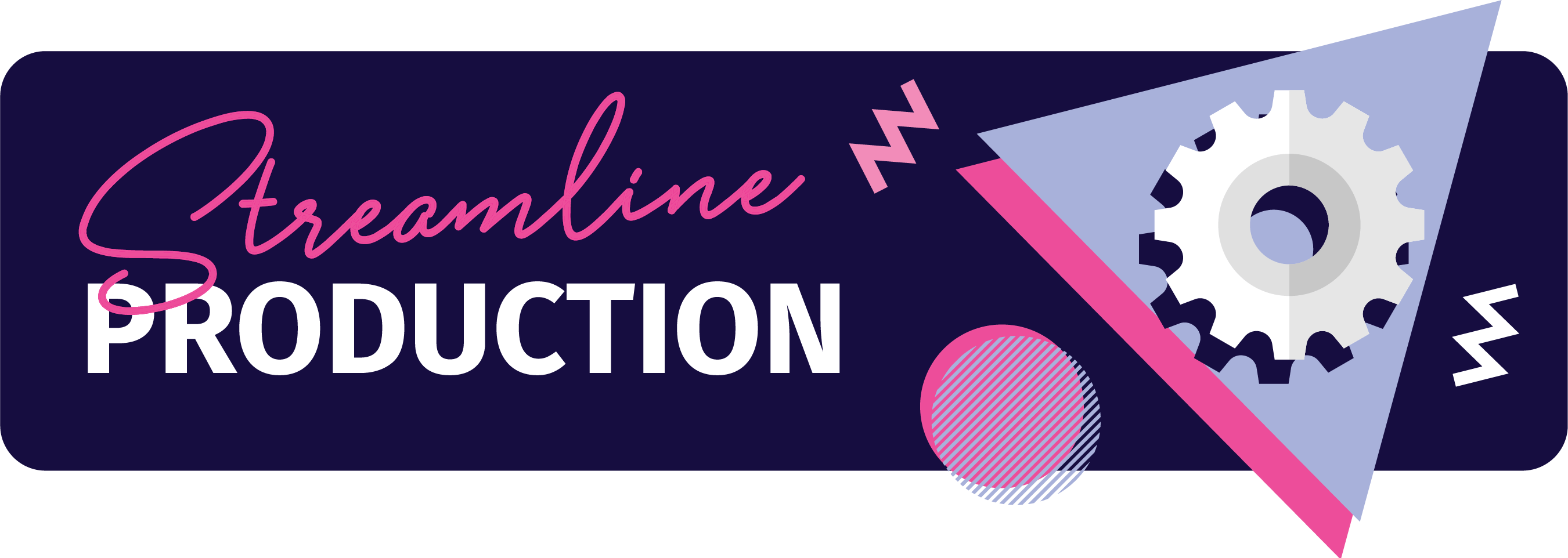
Streamlining production in your sign shop
Onyx Rip - for your large format printer RIP
Onyx is the most robust rip on the market for your roll printers and flatbed UV printers. While it’s not the easiest to learn, their support is top notch. They’re quick to fix issues and will spend loads of time with you if you’re having trouble. They support hundreds of printers and cutters, and they’re adding more all the time. It might seem like a chore at first, but take the time to build your own profiles for the media you run most. It will make a huge difference in your print quality and print times.
ShipStation – for managing your shipping
Stop wasting time rekeying in shipping addresses. ShipStation allows you to compare rates for UPS, FedEx, USPS, and more. Once you’ve chosen how you’re going to ship your signs, generate shipping labels and customized packing slips in just a couple clicks. Works with a lot of different apps out of the box, but you can use Zapier to connect orders from non-integrated providers.
Google Calendar - for managing your install calendar
Lorem ipsumn.
Trello - for simple production management
Trello is a great, visual solution for job management. It’s solid for smaller shops or if you’re not doing a ton of volume yet. You can add custom fields and there’s a ton of integrations to other tools you might be using. We’ve got a great starting point for you to steal.

Sign shop automation
Zapier - for automating all sorts of tools and processes
Zapier is a tool that will help you automate the boring, error-prone tasks in your sign shop so that you can focus on more important stuff. It connects all the different web-apps you use together with making you learn to code. Send automated reminders to your customers, add leads from a contact form to your CRM, and much more.
Integromat - for a good alternative to Zapier
Twilio - for sending text messages to customers
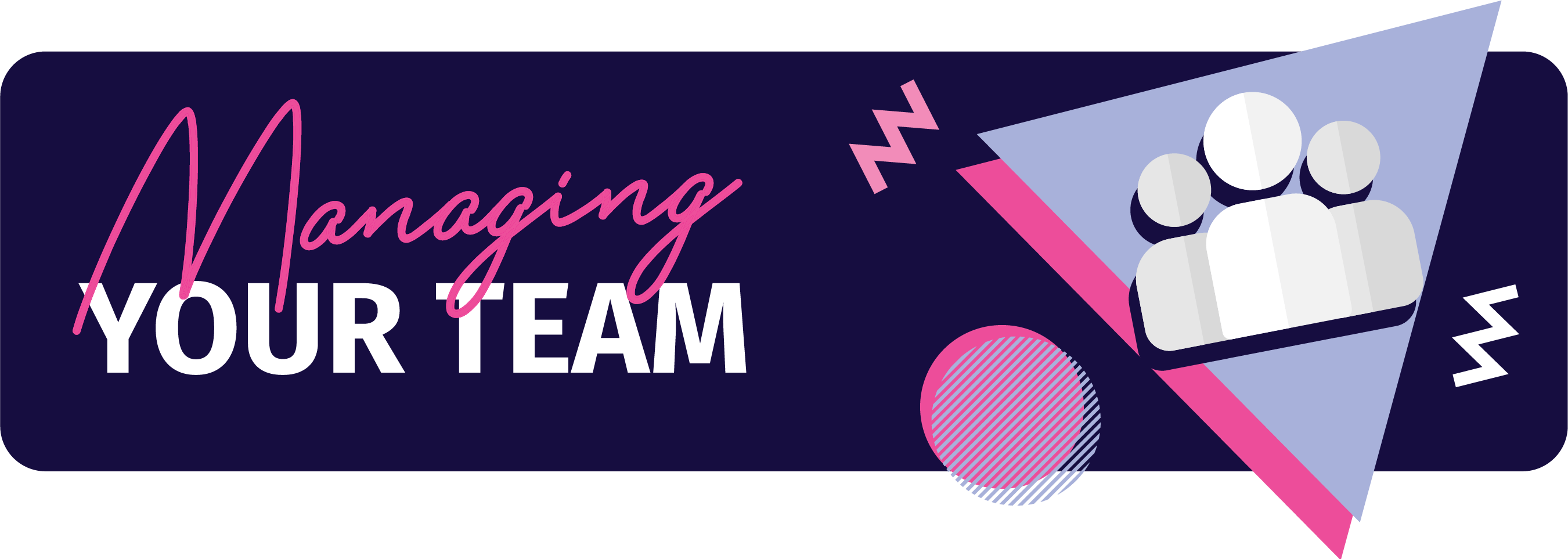
Managing your team
Loom - for training your team
Gusto - for managing payroll
Two things I hate a lot? Bookkeeping and payroll. Gusto makes running payroll dead stupid simple. Completely online, they handle all the taxes and all the filings for you at a reasonable rate. They’ve started incorporating employee benefits like health insurance and more into their platform.
1Password - for managing passwords safely and securely
Do you still have sensitive passwords written on a post-it at your desk or on the wall beside you? With 1Password, you’ll finally end that “What was the password for ____?” funny business. Create secure passwords for all the different apps and websites you use. Invite your team along and make everybody more efficient.
Wrap Institute - for learning how to wrap vehicles remotely
Becoming very skilled at wrapping vehicles is more about practice than anything else. But it’s easy to screw up a client’s vehicle or waste a bunch of material if you’re not using proper technique. The Wrap Institute makes it easy to learn techniques in your own shop. Learn how to wrap vehicles online by watching tons of videos from one of the best installers in the industry — Justin Pate.
Where to go from here
Whew! That’s a long list of awesome software and services to help you grow. Now that you’ve got the inside scoop, don’t go trying to check them all out at once. Start with just a handful that interest you and solve a problem you’re having.
Citations:
Disclaimer: I’m an active user of most of these. The services where I’m no longer an active user, I’ve used successfully in the past. Some of these links are affiliate links, which means I may get a few months free or a small commission. This never affects the price you would pay for the tools or services.

